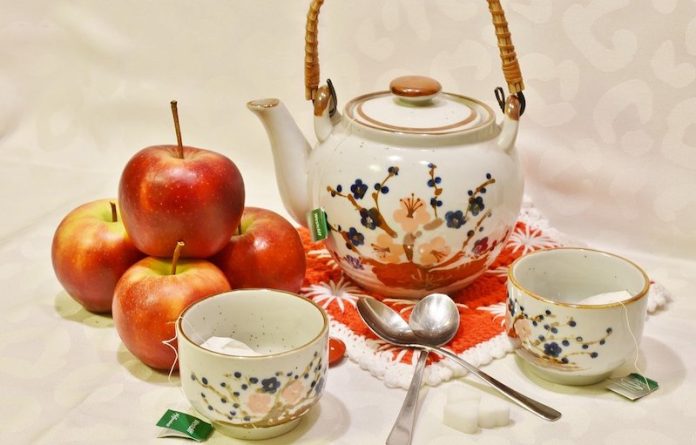
Scientists from the University of Western Australia found that flavonoid-rich foods may help reduce stroke risk.
Ischemic strokes occur when blood supply is cut off to part of the brain. This type of stroke accounts for the majority of all strokes.
The blocked blood flow in an ischemic stroke may be caused by a blood clot or by atherosclerosis, a disease that causes the narrowing of the arteries over time.
Flavonoids are a group of natural substances with variable phenolic structures and are found in fruits, vegetables, grains, bark, roots, stems, flowers, tea, and wine.
These natural products are well known for their beneficial effects on health and efforts are being made to isolate the ingredients so-called flavonoids.
Previous research has found that flavonoid-rich foods could help reduce inflammation and blood clotting, which may contribute to a lower risk of ischemic stroke.
In the study, researchers aimed to examine the link between flavonoid intake and the risk of ischemic stroke in people from the Danish Diet, Cancer and Health Study.
The team examined data from 55,169 Danish residents without a prior ischemic stroke. These people were followed for 21 years.
During the follow-up period, 4237 people experienced an ischemic stroke.
The researchers found that compared with participants who had a lower intake of total flavonoids, flavonols, and flavanol oligo + polymers, people who had a higher intake of flavonoids had a lower risk of ischemic stroke.
After controlling other lifestyle factors, the team found moderate but not higher flavonoid intakes were linked to lower risks of stroke.
They found anthocyanins and flavanol oligo + polymers intakes were linked to reduced stroke risk.
Based on these findings, the researchers suggest that moderate intake of healthy flavonoid-rich foods is linked to a lower risk of stroke. Further work is needed to confirm the findings.
The research was published in the American Journal of Clinical Nutrition and was conducted by Benjamin H Parmenter et al.
Copyright © 2022 Scientific Diet. All rights reserved.





